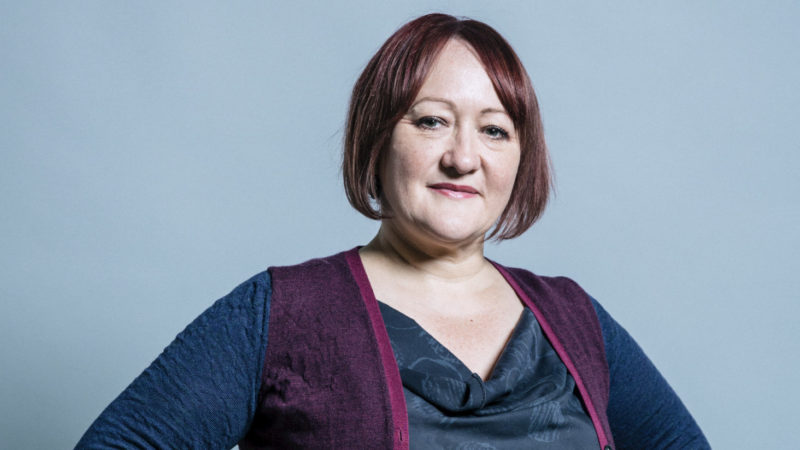
The launch of the ultra-low emissions zone (ULEZ) in London by Sadiq this week is a game changer in the battle to tackle air pollution. Every year, 40,000 early deaths are linked to toxic air across the country, and it is estimated more people will die from pollution in London in 2019 than in the Great Smog of 1952.
Here in Bristol, the mayor Marvin Rees is putting the council’s plans out for public consultation this summer, including a local scrappage scheme, increased usage of a freight consolidation facility, a charge for the most polluting buses, taxis, HGVs and LGVs and improvements to the city’s bus fleet.
Modelling commissioned by the council showed that there was potential for adverse impacts on the lowest income families. As such, Marvin has been working hard to find a socially just solution that helps us meet the city’s aim of an inclusive economy where nobody is left behind, while achieving the original deadline to deliver clean air.
The city also faces a different set of challenges to those that exist in London. We don’t have a tube network or anywhere near the number of buses and bus routes – although Bristol has seen a 40% rise in bus passenger journeys in the past decade, unlike other metropolitan areas, which have seen bus use fall.
It’s estimated that buses and coaches contribute around a quarter of NOx emissions in the city. Bristol has already retrofitted more than 80 buses to Euro VI standards, and has now secured almost £2.5m from the Clean Bus Technology Fund so that we can retrofit 166 more of the oldest, dirtiest buses. Bristol has also placed the UK’s largest bio-gas bus order, and the Labour council has invested over £20m in new cleaner vehicles for its own fleet, the waste company, and even the Lord Mayor’s car.
From the ULEZ in London to Bristol’s Clean Air Plan and Manchester’s Clean Air Zone, our devolved leaders are showing what’s possible with Labour in power. But if we are to truly embolden Andy, Marvin, Sadiq and others to go further and faster, we need a Labour Prime Minister in Downing Street.
When the government published its Clean Air Strategy in January, it abdicated responsibility to austerity-hit local authorities, once again passing the buck for its own lack of action and leadership. Greenpeace has since described the government’s funding for councils to improve air quality as “about as effective as chucking your small change into a wishing well in the hope a solution will appear”.
In the aftermath of three High Court defeats, the first of those now four years ago this month, you’d think the government would have produced an adequate national plan to improve the air we breathe – especially given we know it stunts the lungs and learning ability of children, causes asthma and leads to diseases like cancers, and dementia in adulthood. But it hasn’t.
The urgent need for a new Clean Air Act, together with an ambitious sustainable transport strategy, has never been clearer. It’s also time action was taken on the producers of highly polluting vehicles. As Client Earth have stated, this is a consumer scandal as well as a public health crisis. Year after year, car manufacturers have successfully lobbied against controls leading in part to the filthy air we breathe today. In Germany, producers have committed a quarter of a billion euros to a Clean Air Fund and I think that should be replicated here.
Later this year, the government’s commitment to tackling Britain’s dirty air will be tested once again when the Environment Bill is published. Hopefully, this time, it’ll step up and get a grip on the crisis we are facing by publishing a legally-binding objective and target for clean air. Sadiq’s leadership in London this week should be applauded – now it’s time for the government to follow suit and act.




More from LabourList
Ashley Dalton resigns as health minister for cancer treatment
Paul Nowak column: ‘Labour must focus on the basics’
‘Labour’s two-child cap victory rings hollow while asylum-seeking children remain in poverty’